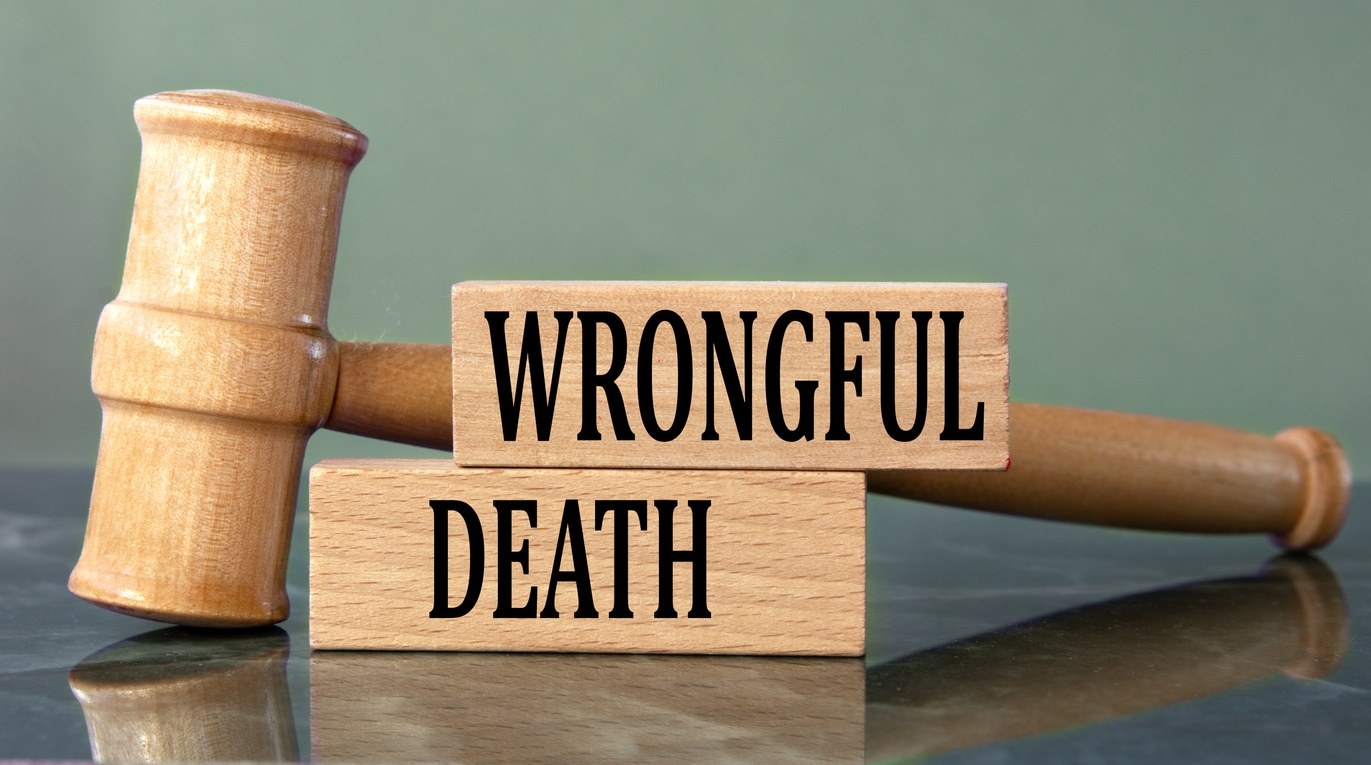Losing a loved one is one of the most painful experiences anyone can face. But when that loss is caused by someone else’s negligence or careless actions, it becomes even more devastating. In Texas, the law gives certain family members the right to pursue what is called a wrongful death claim—a legal path to seek justice and compensation.
So, who can file a wrongful death claim in Texas? What types of compensation are available? And how long do you have to act before losing your right to file? This guide breaks it all down for you. An experienced wrongful death attorney can also answer your questions.
What Is a Wrongful Death Claim?
A wrongful death claim is a civil lawsuit filed by the surviving family of someone who died due to the negligence or wrongful act of another. It is a way for families to hold the responsible party accountable and recover financial and emotional damages.
For example, if a reckless driver runs a red light and causes a fatal crash, the victim’s family may have a valid wrongful death case. This type of claim also applies to workplace accidents, medical malpractice, and even criminal acts.
Wrongful death claims are not just about justice—they are also about helping families manage the financial strain caused by the sudden loss of a loved one.
Who Can File a Wrongful Death Claim in Texas?
Not all relatives are allowed to file a wrongful death lawsuit. Under Texas law, the following individuals can bring a claim:
- Spouse (legal or common-law)
- Children (biological or legally adopted)
- Parents of the deceased
If none of these family members file a claim within three months of the person’s death, a representative of the estate can step in and file on behalf of the estate.
However, not everyone is eligible. Texas law generally does not allow siblings, grandparents, cousins, or unmarried partners (boyfriends/girlfriends) to file a wrongful death lawsuit. There are exceptions, so it’s always best to consult with a knowledgeable personal injury attorney to see if your situation qualifies.
Types of Compensation in a Wrongful Death Case
Wrongful death damages in Texas typically fall into three main categories:
- Economic Damages
These cover the financial losses suffered by the family due to the death. Examples include:
- Medical expenses for the deceased before passing
- Funeral and burial costs
- Loss of income that the deceased would have provided
- Loss of household services, such as childcare or housekeeping
- Non-Economic Damages
These are more intangible losses and include:
- Pain and suffering endured by the deceased before death
- Loss of companionship, emotional support, and guidance
- Mental anguish experienced by surviving family members
- Loss of consortium, which refers to the deprivation of love, intimacy, and comfort
- 3. Punitive Damages
These are less common but may apply when the at-fault party acted with gross negligence or reckless behavior. Think of situations like:
- A drunk driving accident
- A company knowingly ignoring safety regulations leading to a fatal workplace incident
Punitive damages are designed to punish the wrongdoer and deter others from similar conduct.
How Long Do You Have to File a Wrongful Death Claim in Texas?
Timing is critical. Under Texas law, you have two years from the date of the incident to file a wrongful death lawsuit. This is known as the statute of limitations.
While there are a few exceptions, waiting too long to file can result in the court dismissing your case entirely, no matter how strong your claim may be. That is why it is important to take action early and consult with an attorney as soon as possible.
Protect Your Rights and Your Family’s Future
If you believe your loved one’s death was caused by someone else’s negligence, you do not have to face it alone. Understanding your legal rights and the compensation you may be entitled to can make a meaningful difference in your journey forward.
Wrongful death claims in Texas can be complex, but with the right guidance, families can seek justice and find financial support during such a difficult time. Contact an experienced wrongful death attorney for a consultation.
